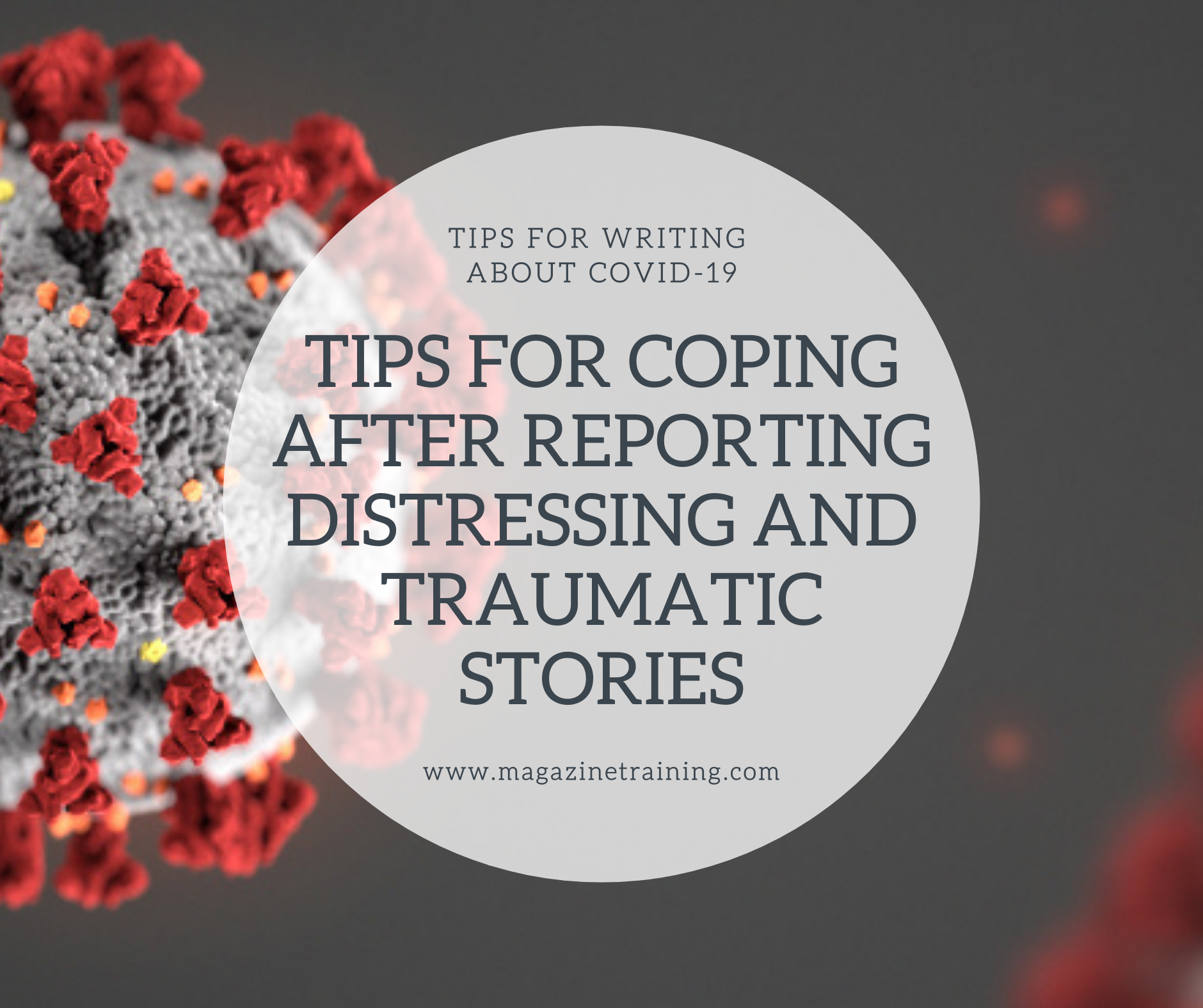
Death, violence, war, terrorism, natural disasters, a pandemic — at some point, almost every journalist will report on a traumatic story and face potentially distressing consequences.
“You don’t even need to be physically present,” said Dr. Gail Kinman, visiting professor of occupational health psychology at Birkbeck University of London. Interviewing people about their experiences, viewing horrific images on the computer, or covering stories that hit close to home — both literally and metaphorically — might be enough to wreak emotional havoc.
Journalists are generally resilient but they are not immune to trauma and distress, which Kinman said can lead to headaches, muscle tension, fatigue, intrusive thoughts, sleeping problems and nightmares. Some may miss deadlines because they can’t concentrate, or their time management skills may also deteriorate. They might experience panic attacks, anxiety, depression or substance abuse.
Anyone experiencing severe problems should seek professional help, which can be difficult to access. Some bigger media outlets provide mental health services, but under-resourced organizations don’t, and freelancers are regularly left to their personal networks and tools. At the same time, journalism schools rarely offer training in crisis reporting.
“Those with more education in trauma and crisis reporting in college courses report higher levels of trauma literacy,” said Natalee Seely, assistant professor of journalism at Ball State University. “Higher trauma literacy means a healthier workforce and quality journalism.”
Seely has explored the mental health effects of reporting on trauma. She encourages journalism programs to address strategies for interviewing trauma victims, recognizing emotional burnout and covering a traumatic event.
“Journalists fresh out of college may not be prepared for the realities of the job and many are assigned to cover the crime beat or general assignment beat first,” she said. “Guest speakers, simulated news events and general reading and discussion on this topic can go a long way to prepare students.”
As the industry begins to confront the mental health toll of reporting as an occupational hazard, newsrooms can develop appropriate protocols to protect their workers. Here are some tips from psychology and journalism experts to help shake the effects of intense coverage.
Don’t pressure yourself to “get over it”
“Emotional reactions to distressing experiences are normal and expected – in some ways, it would be more problematic if people did not react in this way,” said Kinman.
She recently contributed to guidance published by the British Psychological Society, for anyone taking distressing work home with them. Many journalists may find the advice helpful, especially during this pandemic.
“We need to prioritize self-care and self-compassion,” she says. “We can have excessively high self-expectations for ‘pulling ourselves together,’ ‘not getting emotional’ and ‘getting over it.'”
Calm your body down
A short-lived stress response is usually harmless, and might even help get the job done. But longer-lasting, more severe reactions can lead to serious mental and physical health problems.
by Cristiana Bedei, International Journalists’ Network
Related posts
Magazine Training International’s mission is to encourage, strengthen, and provide training and resources to Christian magazine publishers as they seek to build the church and reach their societies for Christ.

